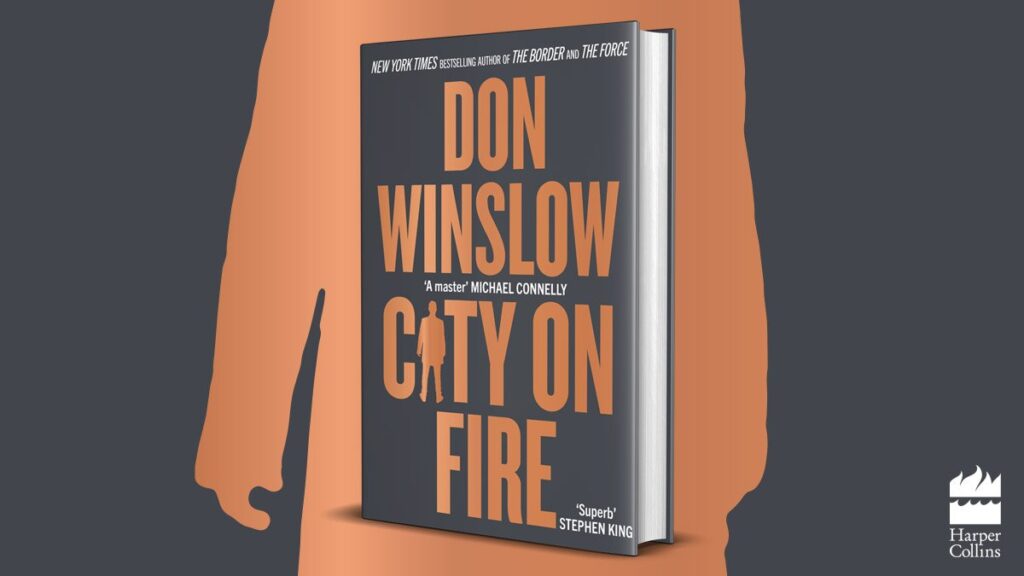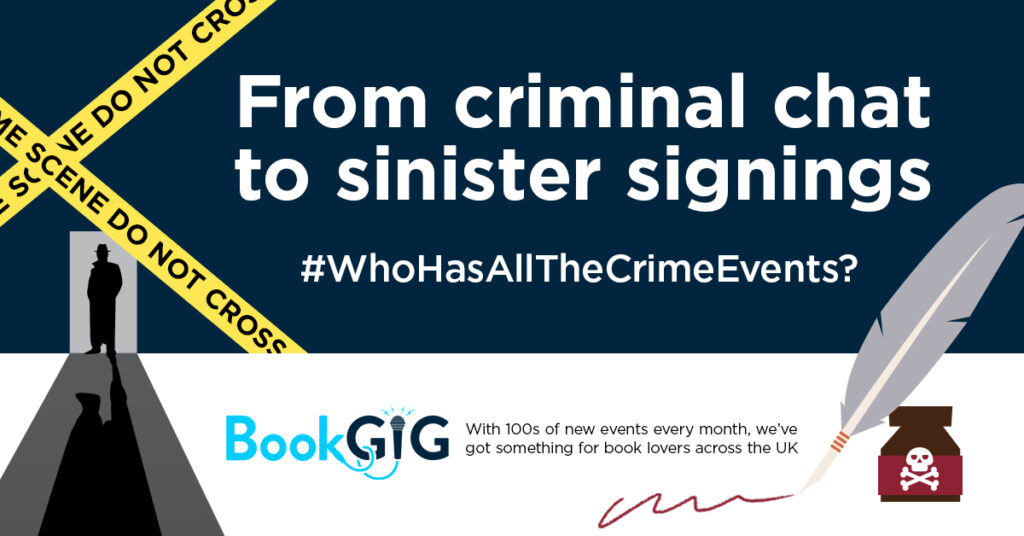 You are a husband and wife writing team. How do you go about plotting and writing the novel together? Do you ever argue over the plot?
You are a husband and wife writing team. How do you go about plotting and writing the novel together? Do you ever argue over the plot?
We’ve tried to write together several times over the years, but each time the cooperation has almost immediately turned into huge arguments and minor catastrophes. As a result of this we came up with the idea of creating a brand new writer.
Since we started to write as Lars Kepler we haven’t had a single fight – it has actually given us a wonderful, creative rush. Many authors who work together write alternate chapters or divide the characters in the story between them. We don’t do that, we write everything together, like two people playing the piano with four hands. If we were to flick through The Hypnotist or our sequel The Nightmare we wouldn’t be able to find one single sentence that only one of us wrote. It’s all the work of Lars.
We always start with discussion. What is bothering us, what makes our hearts beat faster? Is our idea good enough? Our friends and families probably get sick of us sometimes. We’re talking about the plot, about ideas and characters, we talk all the time, when we cook, when we are shopping for dinner and when we pick up the kids from school. If we have a good idea in the middle of the night, we wake each other up.
 How did you go about researching the novel? Did you have any prior knowledge of hypnosis?
How did you go about researching the novel? Did you have any prior knowledge of hypnosis?
We happened to have several years of direct insight into hypnosis. Alexander’s big brother is a professional hypnotist and writes books about practical hypnosis. We read a lot of other works about hypnosis of course and Alexander has actually been hypnotized. Many crime novels are about getting as close as possible to victims and perpetrators. We thought it would be exciting to use a hypnotist, because he can actually get so close that he can see other people’s memories. In reality it’s not uncommon for investigators to use hypnosis whilst questioning witnesses.
One of the main characters in The Hypnotist is a teenage boy. How did you go about developing a young character who is so disturbed?
We always do a lot of research. It’s a very stimulating part of the process. When we started with research for The Hypnotist we found out that children committing crimes are not as unusual as we had imagined. The newspapers seldom write about these things. It’s maybe too scary to deal with in real life.
We have three children of our own, three girls, and there are two things that we fear more than anything else: that something bad happens to our children or that they become bad people. Like all parents we send our children to school, we let them close their doors because we know that they need their independence, but the loss of control, the loss of overview is at the same time frightening. Children have secrets, they are supposed to have them, and in The Hypnotist we are dealing with our fear of bad secrets.
 We have to write about what scares us. Our second novel, The Nightmare, is about export of arms and highly dangerous contracts that you should not sign, contracts that cannot be broken even by death. Those who want to break the contract must reap their worst nightmare.
We have to write about what scares us. Our second novel, The Nightmare, is about export of arms and highly dangerous contracts that you should not sign, contracts that cannot be broken even by death. Those who want to break the contract must reap their worst nightmare.
But to us crime fiction is a very optimistic genre. Everything will turn out good in the end. We write about what scares us, we really want to be scared, but only because we’re safe, we know that our protagonist, Detective Inspector Joona Linna will solve the case and stop the perpetrator.
Why do you think Scandinavian crime fiction is still so popular?
The source for all thrillers is the old fear of darkness … but as a writer, during the writing process, you can actually stop the perpetrators and guarantee happy endings. Reading or writing crime novels is a way to control or disarm our fears for a moment, in the same way a rollercoaster transforms the fear of heights into something fun.
People have always been afraid of the dark, not only children, we’re all afraid, we only pretend that the fear has gone away and the fact is it’s not easy to find a darker place than Scandinavia during the winter. The sun doesn’t rise for three months in the northern parts. So with all this darkness it’s not that strange that we keep on telling theses stories about crime and fear.


